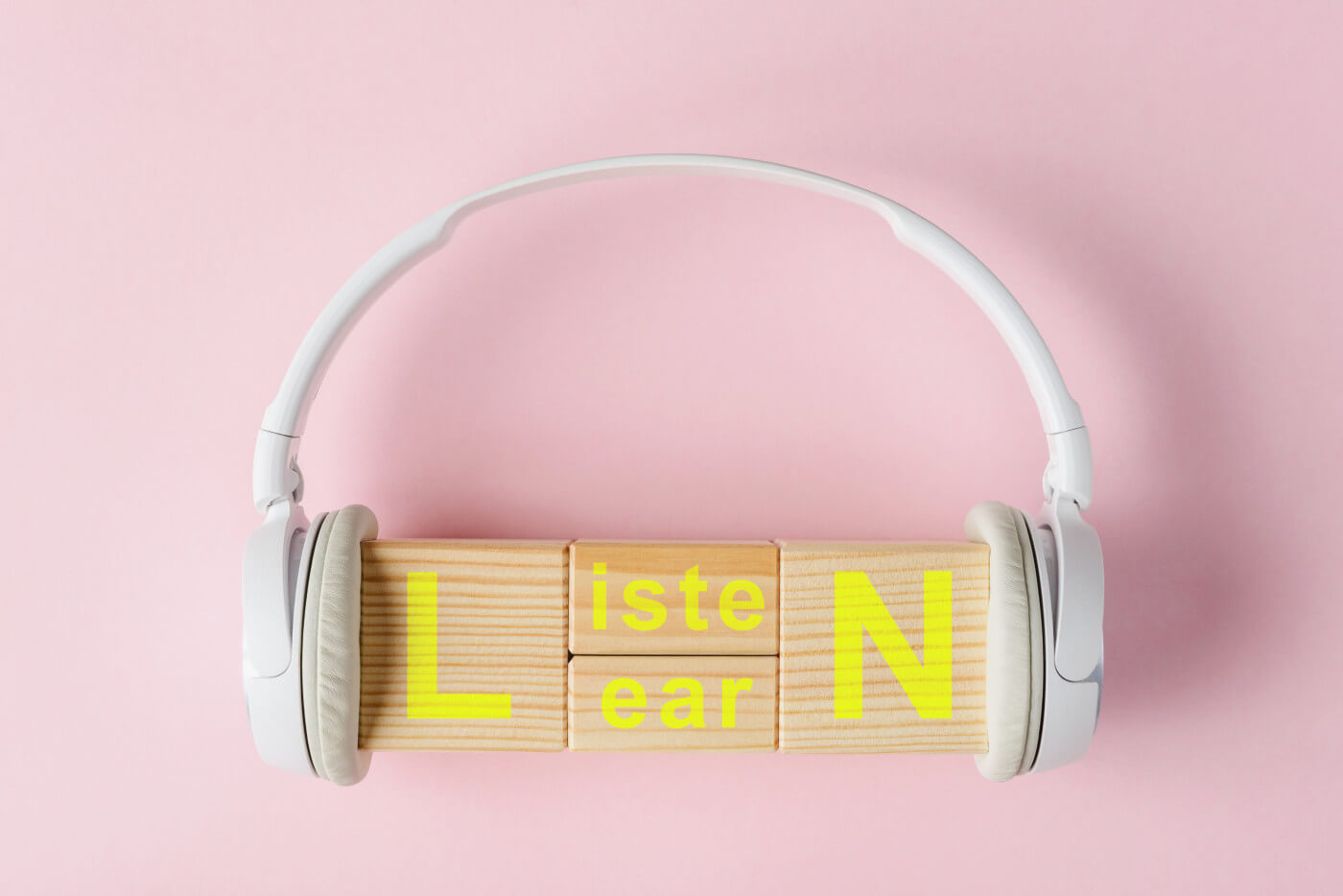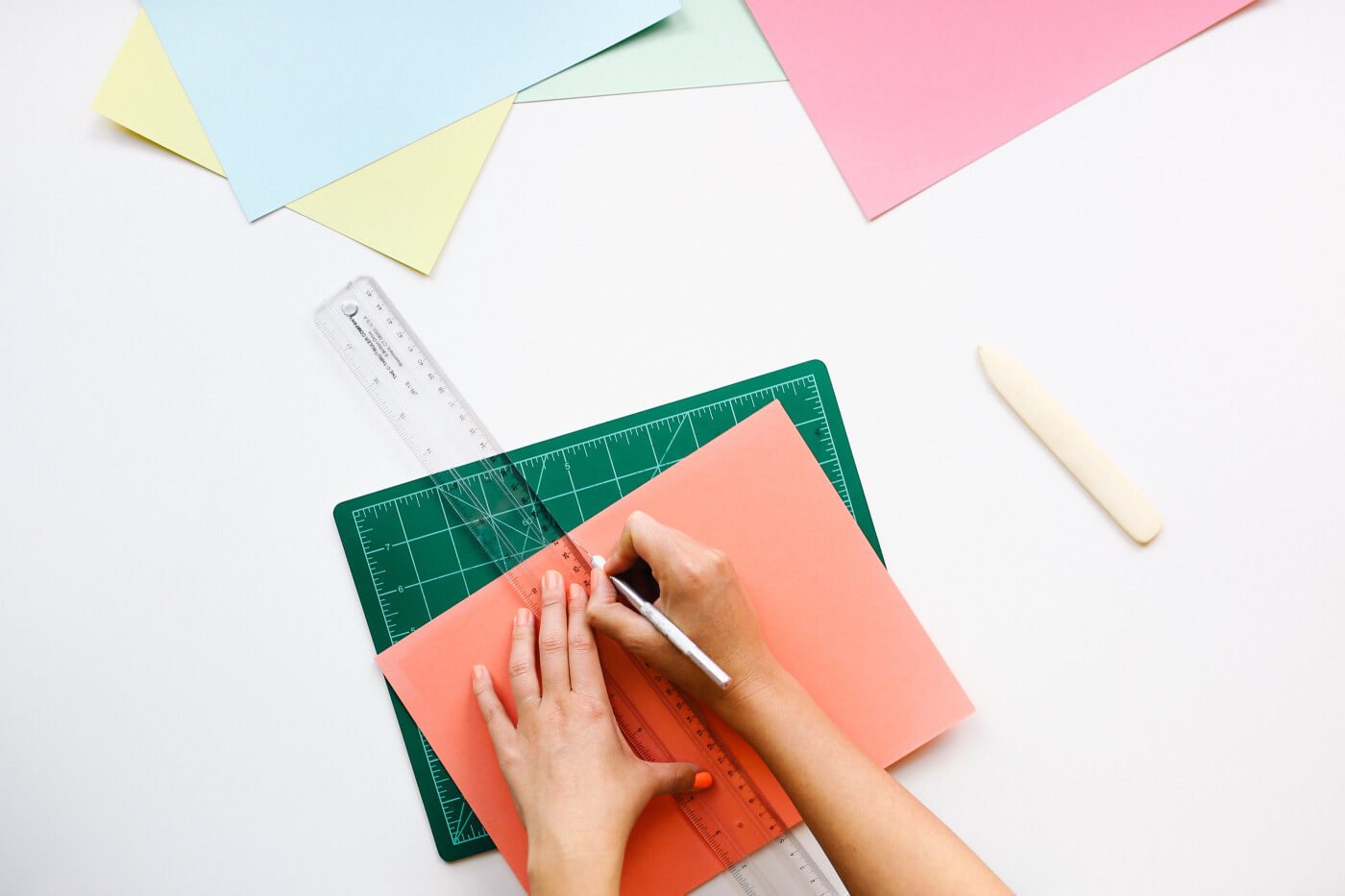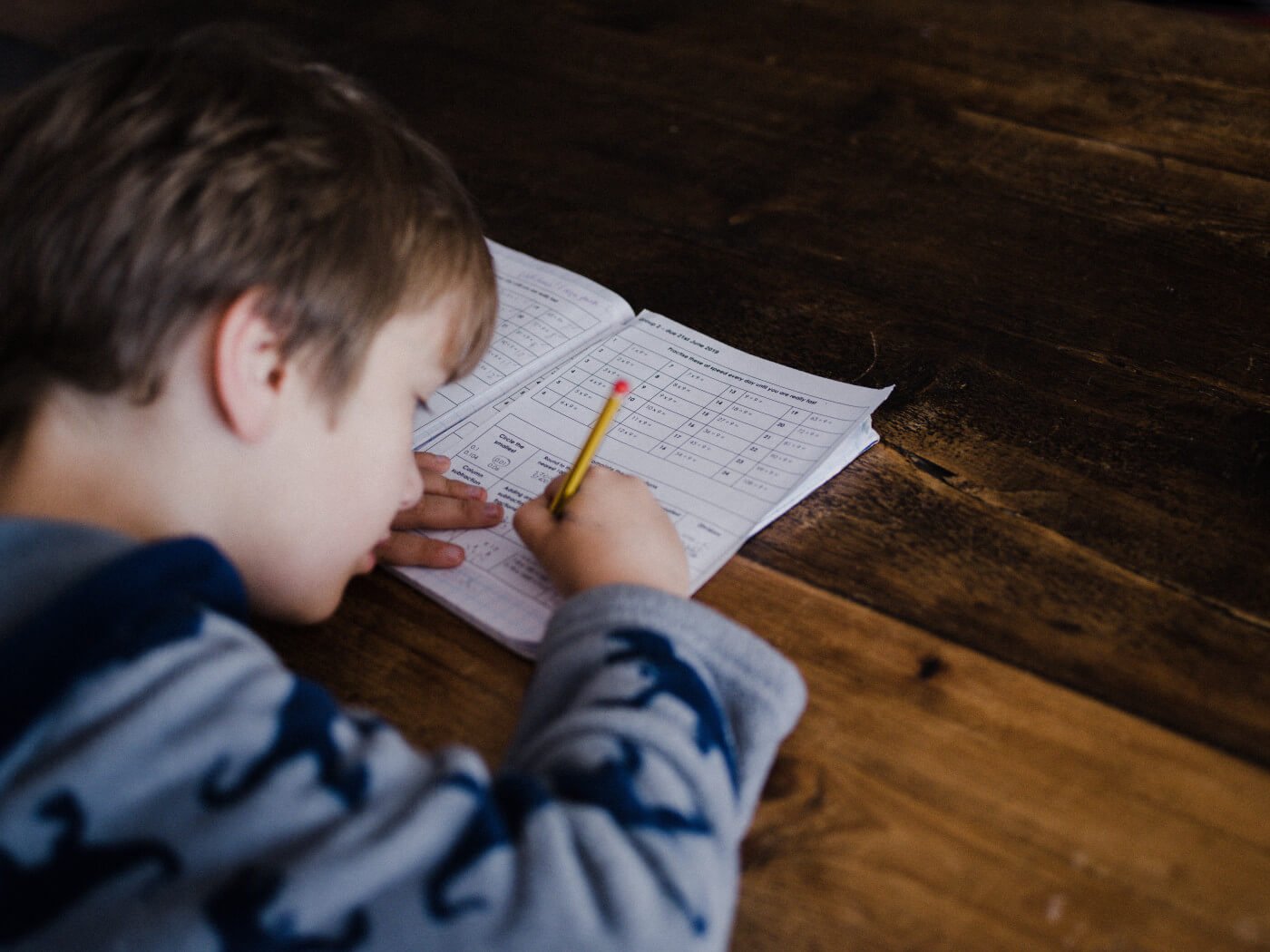Visual Learning Style - Characteristics and Study Strategies

As humans, we interpret and respond to things differently, and this has a lot to do with the experiences we have. Learning is quite similar, in that the processes involved are closely related to how we interpret and respond to our experiences. So if we can recognise and understand our unique learning styles, it can help us make the most of every opportunity, because learning goes beyond memorising and recalling information.
There are three frequently overlooked learning styles: visual, auditory, and kinaesthetic, which form the foundation for how learning occurs. In this post, we’ll show you what distinguishes the visual learning style from other learning styles and what study strategies visual learners can employ to meet their academic needs. If you do not identify as a visual learner, we plan to cover the two remaining styles in subsequent posts.
What is Visual Learning?
In visual learning, as the name implies, learning is more effective when your sense of sight is employed. You show a preference for reading materials with visual components, such as drawings, charts, and graphs. If you prefer drawing diagrams to writing notes when studying for an exam or if you occasionally get distracted in class but pay closer attention when seeing a visual, you might be a visual learner. Visual learners, therefore, consolidate and recall information using their sight.
Strengths of Visual Learners
Visual learners have a diverse set of strengths that can be utilised when studying for exams. Here are some examples of strengths:
- Good with spelling and grammar.
- Strong writing and organisational skills.
- Can retain information over extended periods.
- Able to quickly comprehend visual information.
- Able to use images to communicate complex ideas.
- A good visual communicator, especially in sign language.
- Typically possess great technical, mechanical, or creative abilities.
Visual Learning Strategies
If you identify as a visual learner, here are some strategies you can use to improve your comprehension, memory, and focus while preparing for exams.
Create flashcards:
Using flashcards to study for exams can be beneficial in terms of information retrieval. Make flashcards that illustrate key terms and processes to improve your retention. You can also colour coordinate sets to differentiate them from one another, for example, blue flashcards for Biology and red flashcards for English.
Use graphs and charts:
Placing information in a structured way can help keep information organised. Because organising information is essential for recollection, doing so will increase your chances of recalling information quickly.
Ask for a demonstration:
As a visual learner, it is important to see how something works. Seeing a concept or principle in action will help you understand and remember it later when prompted. So try asking your teacher, lecturer, or tutor to include demonstrations where applicable.
Incorporate symbols into your notes:
Symbols such as stars, question marks, and exclamation points can help you plan your study schedule and manage your time. Exclamation points, for example, can be used to emphasise important information, question marks for information that you are unsure about or need clarification on, and stars for information that you are confident in. It is entirely up to you how you use such symbols in terms of what they mean.
Make outlines:
For a visual learner, outlines are a terrific organisational tool. When dealing with vast volumes of material, outlining is especially useful. This information can be structured and organised by using headings, subheadings, bullet points, or number symbols. As a result, you won’t need to reread the entire textbook to prepare for the exam because you may utilise the detailed outlines to examine individual chapters before exams.
Spend time developing your practice tests:
Create practice or mock tests using free and appropriate education resources. To create your test, you can use study guides, class assignments, and notes from textbook chapters. This will assist you in visualising all relevant information, and being able to answer these questions will help you feel more prepared for exams. Another thing you can do to ensure alignment is to compare past papers with your practice tests.
Support in Visual Learning
If you need extra help with your academic performance as a visual learner, we recommend seeking the assistance of a professional who is familiar with various learning styles. Furthermore, someone who is capable of utilising a variety of teaching techniques will be able to align with your unique set of learning strengths.
The following are important factors to consider when looking for extra help with studying and exam revision.
- They have the capacity and ability to design and employ visual tools to assist you in visualising key ideas, concepts, and processes to consolidate and retain information.
- They recognise the value of one-on-one support, with a focus on using your strengths to navigate your weaknesses and offer solutions to any academic roadblocks you may be experiencing. Due to a large number of learners present at once, receiving such support may be challenging in a traditional school setting.
- They effectively employ methods of teaching (demonstrative) that allow you to observe ideas, concepts, and procedures in action, which should help improve your understanding and memory recollection during exams.
- Have the ability to demonstrate how to create and use graphic organisers. There are numerous graphic organisers available, so enlisting the assistance of a professional can provide more guidance as to which one to use for specific subjects.
- For some visual learners, the process of translating images into words can be difficult, so it would be beneficial to have someone assist you in thinking under pressure in the form of practice tests and quizzes that require more writing. Therefore, you need someone who is well-versed in your subject or subjects and who can create practice tests or quizzes to help you improve your ability to translate visuals into words.
How Can Teach Me 2 Help?
The traditional classroom setting isn’t necessarily the best environment for all learning styles to flourish. One of the most effective ways to receive individualised academic support is through one-on-one tutoring. By enlisting the help of a tutor, you can benefit from a learning environment that is focused on supporting your unique academic situation, committed to helping you overcome any learning roadblocks, and proven to develop your strong points so you may reach your maximum academic potential.
At Teach Me 2, our tutors have expertise in both high school subjects and university courses. If you feel that you need a little more guidance on how to maximise your learning abilities and improve your exam writing skills, we are confident that our tutors will be able to assist you.
We have online tutors available as well as tutors in Johannesburg, tutors in Pretoria, tutors in Durban and tutors in Cape Town.
Related Articles

The Auditory Learning Style - Characteristics and Study Strategies
Have you ever wondered why different people perceive the same experience so differently? It's impossible not to. We’ll show you what distinguishes the auditory learning style from other types of learning styles. (read more)
Read More

The Kinaesthetic Learning Style - Characteristics and Study Strategies
Have you ever seen someone scribbling in their notebook while the teacher is explaining an idea or concept in class? Although different people may learn and remember the same information, they do so in various ways. (read more)
Read More

How To Determine Your Child’s Learning Style
Did you know that everybody has a learning style? A learning style is simply how a person best learns and retains information.Do you often find yourself getting
Read More

We help families find their perfect tutor
Help your child improve their grades and get their confidence back.
GET A TUTOR